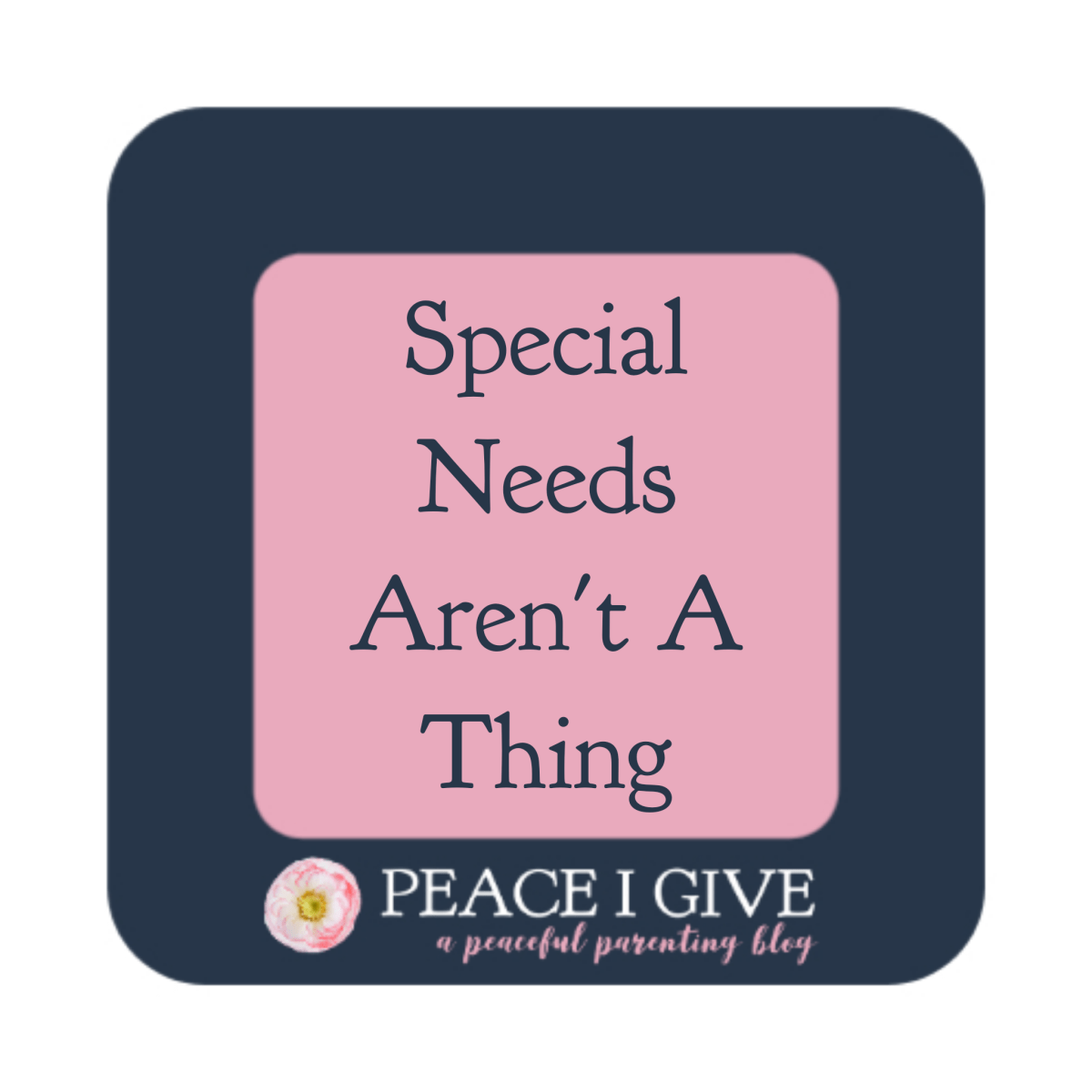Remember when the Massachusetts Supreme Court expelled a student who couldn’t keep up academically with their peers? Or when the Wisconsin Supreme Court refused to educate a student with cerebral palsy, because his teachers and classmates found him gross? Perhaps not, because it was quite some time in the past although, in the scheme of history, it wasn’t really that long ago. The Massachusetts decision came down in 1893 and the Wisconsin decision near the mid-20th century. The history of educating disabled students boggles the mind. Let’s remember that unconscionable discrimination against disabled people was commonplace and accepted during our lifetimes and/or the lifetimes of our parents. We still face inordinate levels of oppression to this day, but now we have laws and self-advocates and allies and nearly 70 years of civil rights wins that shield us from the kind of treatment those who went before us were forced to endure.
It was the Brown v. Board of Education decision in 1954 which dealt the first blow to prejudicial ideologies that denied disabled students their fundamental human right to information access. We owe so much to the Black activists who pushed racial segregation into the laps of the U.S. Supreme Court, spurring the justices to rule unanimously that states do not have the right to deny equal protection of the laws to anyone.
Over the next 19 years, disability advocates made strides toward greater protections for disabled people, gaining wins along the way until the passage of the Rehabilitation Act in 1973, followed soon by the Education for All Handicapped Act (later named Individuals with Disabilities Act or IDEA) in 1975.
The hard-won Americans with Disabilities Act of 1990 was spurred by the famous Capitol Crawl, a protest involving over 1,000 disabled people who marched from the White House to the U.S. Capitol where dozens of people crawled to the top. Among them was 8-year-old Jennifer Keelan-Chaffins whose resounding words demonstrated the tenacity and power of self-advocacy as she announced, “I’ll take all night if I have to.” If you haven’t yet watched Crip Camp, I strongly recommend it. Crip Camp is a story about the Disability Rights Movement and the emancipation of the disabled.
We’ve come a long way from the days when disabled children were summarily rejected from public spaces because other people were uncomfortable, but we haven’t let go of that discomfort. No, it has shifted. Now, we use euphemisms like “special needs” to describe the unpalatable realities we dance around as a culture. “Special needs” was added to our social lexicon about 30 years ago and was notably codified in the Adoption and Safe Families Act of 1997.
It is the root of other euphemisms like “special education” which is yet another way we make the segregation of disabled people seem less repulsive than it actually is. Here we are, all these years later, having witnessed the brilliance of disabled students and the hard work of disabled self-advocates. Yet, we still use euphemisms that serve to infantilize all of the aforementioned people. These terms do not honor the sacrifices and the bravery of the disabled self-advocates who paved the way for liberation.
So, questions.
- Do we believe disabled people are human?
- Do all people deserve to have their needs met in the most effective way for them?
- Are accommodations and solutions a reasonable request, especially considering how helpful to society many our innovations have become? Think about how many parents use wheelchair access ramps for their strollers and sign language with their infants and toddlers to improve communication.
If you answered yes to these questions, then you must implicitly understand that meeting the needs of disabled people is no different from meeting the needs of anyone. We all require accommodations throughout our lives, sometimes a lot of them and sometimes not. The needs of disabled people are neither special nor exceptional. They are human needs and they should be met in the most dignified manner possible.
If you must use the term “special” in order to communicate within this ableist society, please find other ways to disrupt the system. I myself have used terms like “special education” in contrast to “general education” when advocating for my children or talking about specific programs at specific schools. I get it. Ableist terminology that’s so embedded in our lives is hard to part with. So, try to incorporate better terms. The best one for us, as far as I’m concerned, is “disabled.” And, keep this in mind when it comes time to be an ally: Accommodations for disabled people are not a special request. They are a civil right.
